
Did you know that last year, India's Supreme Court fined Google for anti-competitive practices? Well, at least Apple isn't the only big player suffering from the law. Google rebuked the court's decision with an appeal to have some of the demands blocked, but this week, the request was officially denied.
This report from Reuters goes into more detail too regarding the rest of the obligations that the Competition Commission of India (CCI) have bestowed on the Big G. The tech giant is to refrain from any exclusivity agreements involving its search services and from requiring users to have any apps pre-installed.
Google didn't take this in silence though. Company representatives claimed that this may very well "hurt consumers" in the long run, and will certainly stall the growth of the Android platform. The statement may have some merit to it too. Imagine that some users, who don't find the Google Maps app pre-installed, install a malicious alternative by way of not knowing. Would that be on Google then?
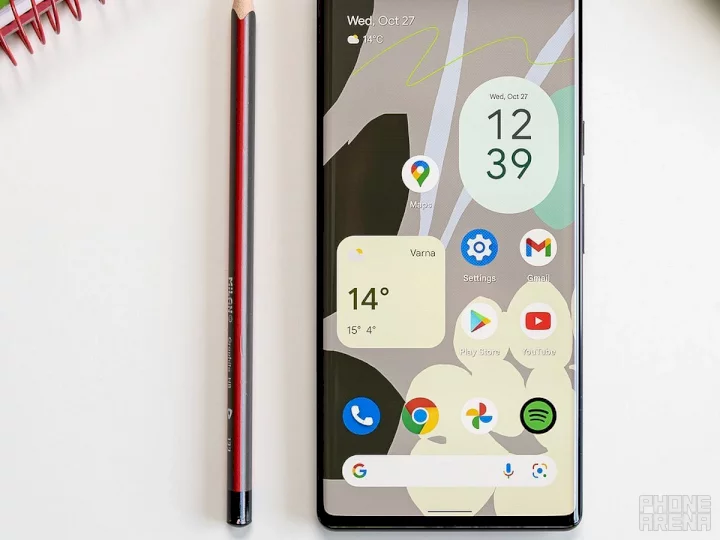
As of now, Pixels and other western Android phones are safe from this ruling.
If Google is to keep its name clear, then this requires them to pour resources into educating its consumers, and amping up the Play Store's protection from malicious apps. Not to mention that all the while, they'll need to work hard to prove that their versions of services like Maps, Keep, Chrome and others, are truly the best fit for Android users.
However, the report does go into some feedback from Indian developers, who are relieved by the ruling. Naturally, this gives them more leeway and provides them with a larger portion of the spotlight. We can't compare quality between these developers' apps and those that Google makes, and sometimes it just may be down to preference. But it's hard to imagine someone outpacing Google in a market, which it provides the source code - the juice that makes the magic happen - with.
Why is India's court ruling against Google dangerous?
However, the requirements go one step further too, with the following set of possibly detrimental rules:
Google is to allow the Play Store on modified versions of Android
Google is to host third-party app stores on the Play Store itself
Google is to not prohibit side-loading of apps in any way
This one is really tilting that power/safety scale. On the one hand, with these restrictions lifted, power users won't have to jump as many hoops to get the Android experience of their dreams. On the other hand, however, this opens up numerous opportunities for malicious actors to endanger users.
The court has given Google seven days to comply with these regulations. That is certainly not enough time to address all the security concerns that will rise up as a consequence of this ruling. After all, the company can't prohibit users from going online and downloading malware, right?
Naturally, this reading of these rules is slightly darker and very uncertain. The human factor is highly unpredictable, and maybe this liberation is required in order to get some cybersecurity lessons in school books. Or maybe we'll see a record-breaking amount of downloads on apps that pray on user data. Who knows?

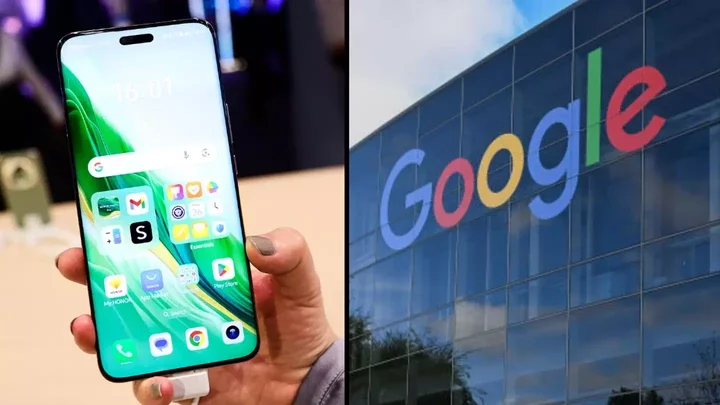

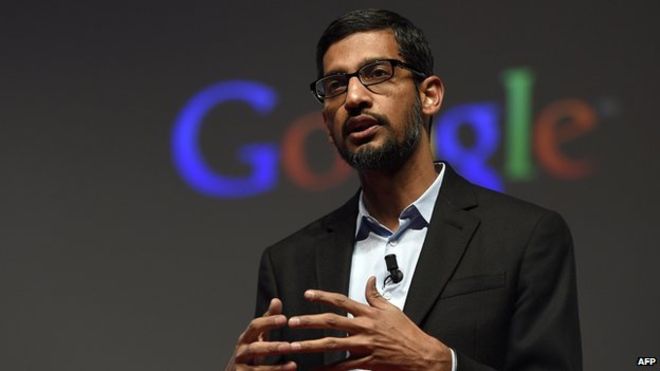


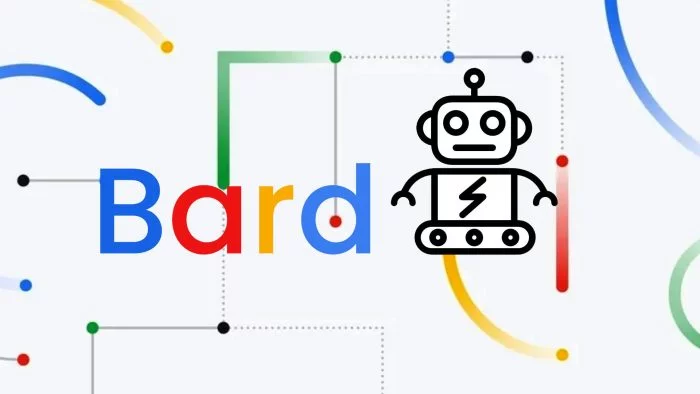



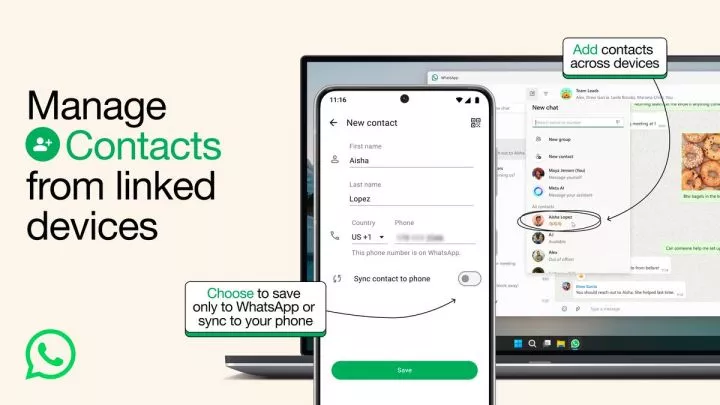





Comments